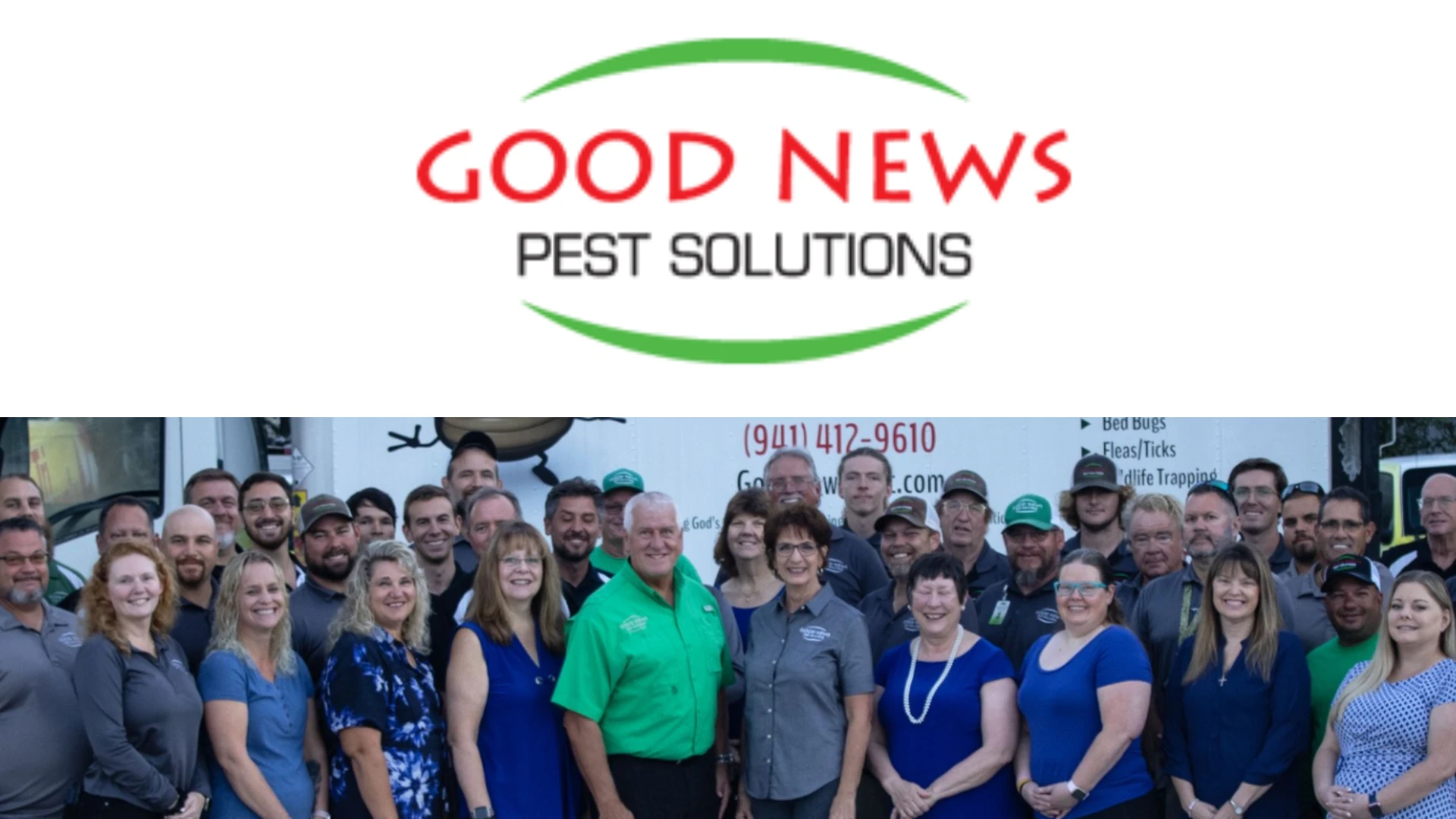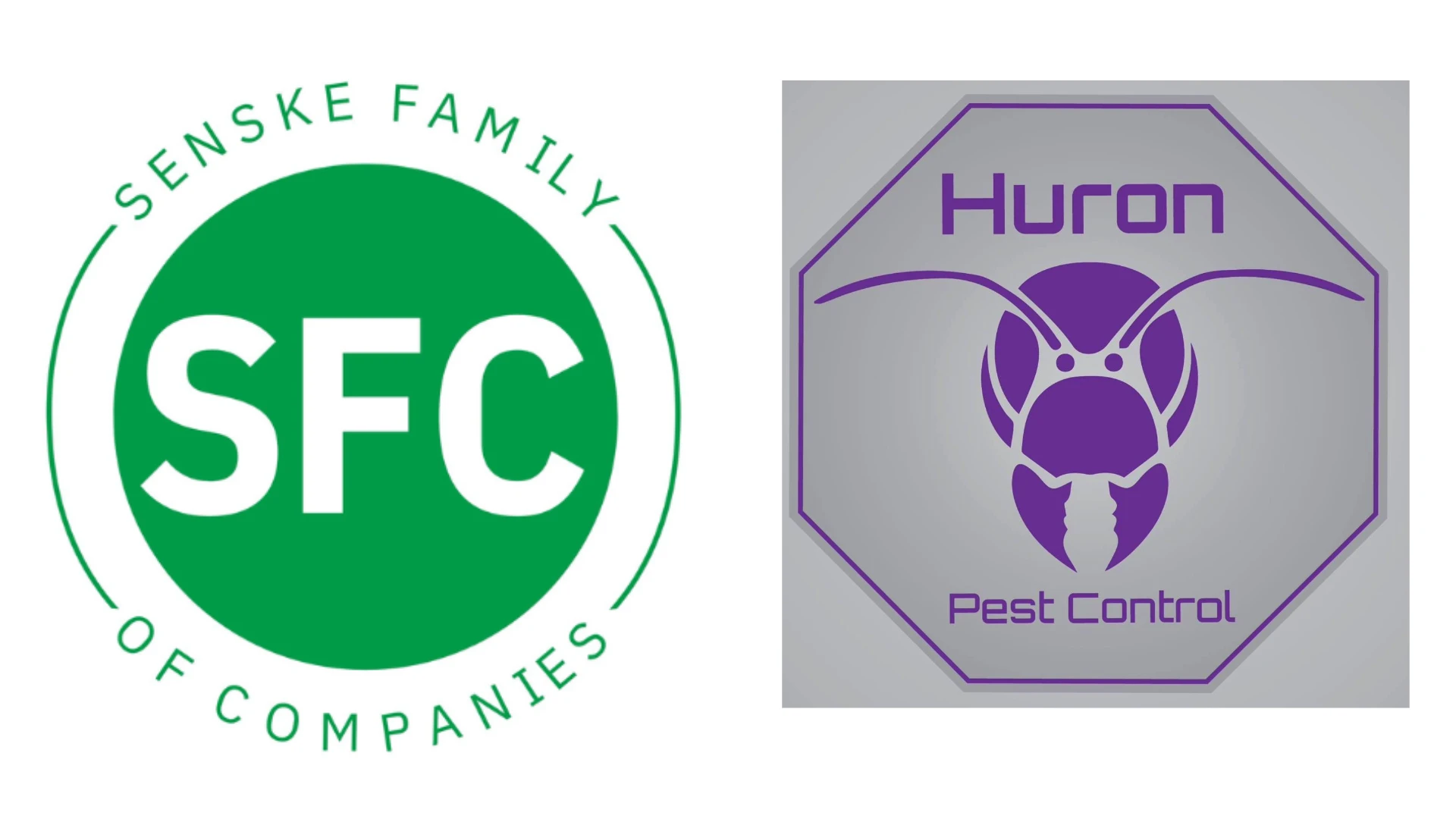Should I worry?
Q I have heard about cases in which pest management professionals have been sued because they did not “warn” the customer. By warn, I mean tell customers of potential exposure from insects and possible accompanying organisms. Should I worry about this and have some sort of answers or information prepared?
A Well, the quick answer from my side is, in general, no. Most people will not be too concerned about things like microorganisms associated with insect or animal (i.e., rodent or wildlife) infestations, nor allergies from insects or mice and mites. But, the people who get paid to worry about this (or rather find some way to work for their clients [attorneys]) come up with some amazing “what ifs”!
Presently, I can think of a handful of organisms that cause diseases in humans with which animals and insects are most commonly associated. Examples include rabies, Lyme disease, Hantavirus, mites, ticks, bat bugs, histoplasmosis and others. Recently, Bobby Corrigan conducted research that was funded by the National Pest Management Association that surveyed mice that can carry a serious disease organism. Corrigan has written about this research in his “Vertebrate Pests” columns that appear here in PCT magazine. The bottom line is we have known for many, many years that the pests we control do carry disease and can be vectors of disease and may therefore expose customers to disease organisms. But we don’t know if all of these insects/animals carry the particular organism in question.
In addition, a couple of years ago everyone was very concerned about mold claims. The industry decided that disclaimers would be a good step to avoid, shall we say, “misinterpretation” about the services we offer. This seems to have worked. So, why don’t we do the same in these situations? Yes, I have heard of cases recently where claims were being made that we have a duty to warn someone about possible problems from pest infestations. So what do we do? Do we tell every customer that roaches can cause allergies and incite asthma attacks? Does every bat carry rabies? Is histoplasmosis always growing on bird droppings?
I believe that, in this day and age, a disclaimer as to exactly what our services are is important. I also do not believe it should be part of the small print in the contract, like we deal with damages caused by termites or other WDIs. They are listed in the contract but who reads it? (Until after the fact.) Perhaps this should be a discussion for a state association meeting. (Remember that disclaimers should definitely be read by an attorney.)
Mold again
Q I have been reading some more information recently on mold. Certainly this topic was given a lot of exposure following the hurricane/flooding in New Orleans. What are pest management professionals doing in mold control these days?
A I agree the mold control idea seems to be gathering some steam again and maybe it was because of the catastrophes our country experienced last year. However, there are products on the market advertising some degree of mold inhibition and maybe even some with guarantees.
In my mind, mold control has some real liabilities. In our country you can bet if someone gets sick or comes down with some diagnosed allergy — and mold is the issue — I believe just about anyone who touched the house is fair game. This places a lot of pressure on insurance companies. So number one, knowing what your insurance policy says or does not say about mold is very important for pest management professionals.
Next is the issue of guarantees. There are manufacturers who are backing up their products’ results. Most of these are for damage that may result, but some may be for controlling mold for at least some time frame. Read these carefully. They may have caveats like annual inspections (not a bad idea, actually) and other wording that you have to carefully consider before applying.
Next, fungi are (unfortunately) maybe more unpredictable than insects. Molds and mildews grow on a remarkable variety of surfaces and substrates and my guess is that there would be hundreds of types of fungi that we may encounter. And like cockroaches, I would bet molds and mildews can find a way to grow and reproduce. As you know, moisture is a most important ingredient to fungi growth. The inspection and control of the moisture under a structure would be paramount to maintaining a fairly fungus-free situation. I am not convinced that these fungi can be 100 percent controlled or eliminated but I would welcome the chance to see data that supports that claim.
The bottom line is look for a proven product, align yourself with a company offering training and with expertise in our industry and most importantly…buyer beware.
The author is president of George Rambo Consulting Services, Seneca, S.C. Fax questions to him at 864/654-2447 or via e-mail at grambo@giemedia.com.

Explore the March 2006 Issue
Check out more from this issue and find your next story to read.
Latest from Pest Control Technology
- Pest Control Companies Helping Neighbors in Need Eradicate Bed Bugs
- Why Does Marketing Feel So Opaque?
- How Did This Pest Get Its Name?
- Rose Pest Solutions Honors Top Performers with Annual Chief’s Club Awards
- Doug Foster on Termite Control Equipment, Resources
- Pest Control Consultants Acquires EcoGuard Pest Control
- Pest Index Increased 9 Percent YOY in February
- PPMA Releases 2024 Annual Report Themed 'Leveling Up Awareness, Growth and Impact'






